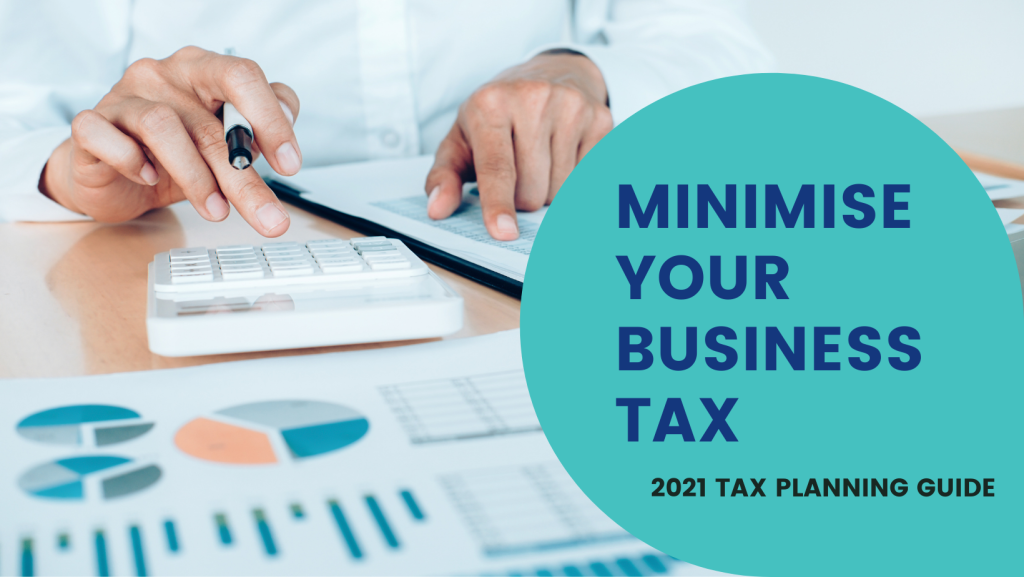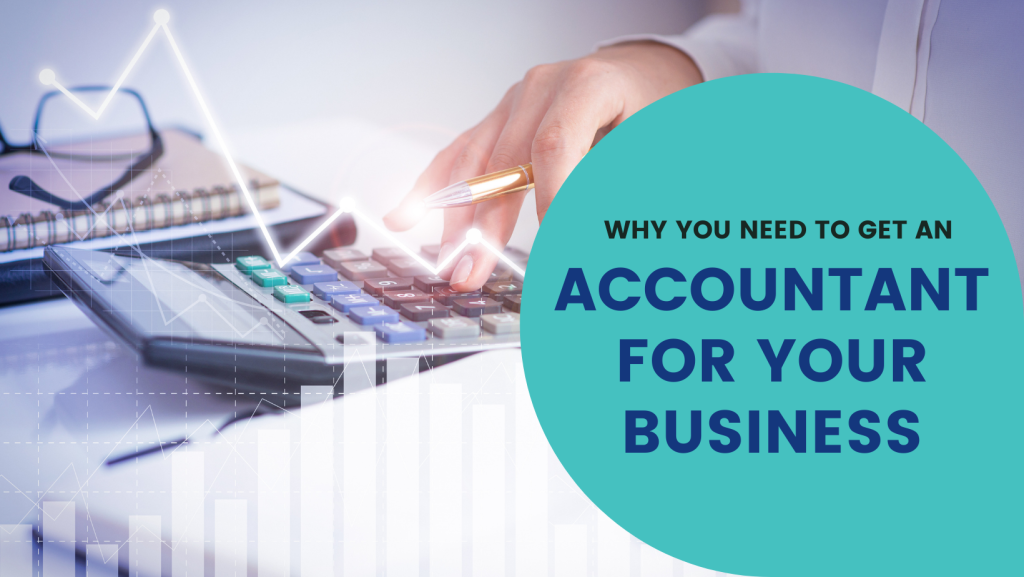The term accountant tends to make certain people uncomfortable because it brings on thoughts of tough math equations, plenty of complex paperwork and more.
On the other hand, there are people who take the chance to ask any accountant they meet regarding taxes. In truth, accountants are different from tax agents; those two vary as well from bookkeepers.
Accountants
Accountant, as a term, refers to someone that has a qualification in Accountancy. However, in some cases, companies offer employees the title of ‘accountant’ despite not having the qualifications. Instead, as long as the person works for accounts, they get the title. There are various skill sets per accountant meant to deal with different problems. The circumstances they work in vary considerably as well.
A good way to explain accountants is to take doctors as an example. Doctors have plenty of varying specialties, and as such, there are many types who focus on particular things. There are oncologists, pediatricians, general practitioners and so on and so forth. In the same breath, there are numerous accountants out there, including but not limited to:
· Cost accountants
· Financial accountants
· Forensic accountants
· In-house company accountants
· Management accountants
· Tax accountants
Bookkeepers
For the most part, bookkeeping tends to overlap with accounting. It’s one of the cores across accountancy, including expenses and income. They don’t generally have degrees to qualify for such, but some are qualified accountants. If anything, they serve to directly support accountants and take on the work generally relegated to day-to-day operations such as processing payroll, the payment of bills and raising invoices.
Any reports needed will also fall under them in terms of preparation and interpretation. Moreover, any requirements related to a direct compliance need is generally done by bookkeepers.
Tasks that bookkeepers do include, but is not limited to:
· Budget management and allocation
· Daily accounts management
· Daily communication
· Invoice management
· Managing mail (digital and otherwise)
· Tax season preparation
· Updated record management
Tax Agents
Tax agents are a type of accountant that especially deals with tax. They study both tax and law, and they need to be registered with the Tax Practitioners Board. It means they have the
licence to offer and administer tax-related services to the general public. However, they need to get their licence renewed every so often.
In order to retain their licence, they must have no criminal convictions, must have insurances that are appropriate to the job and have updated tax affair efforts. They need to be updated on the latest in tax and related laws through continuing professional education. That’s why there are always seminars and conferences related to the profession in several places.
Conclusion
Contrary to popular belief, the term ‘accountant’ covers a rather broad scope and shouldn’t be interchanged with bookkeepers and tax agents. ‘Accountant’ is a term used for anyone that has a qualification related to Accountancy. Tax agents are a kind of accountant that requires knowledge in both tax and law, who must have licences. On the other hand, bookkeepers don’t necessarily have qualifications or licenses, but they’re helpful in the day-to-day operations of a business.
When you need business accountants on the Sunshine Coast, trust Wardle Partners today! We’re business accountants, bookkeepers and tax experts based in Caloundra looking to help your business flourish.





